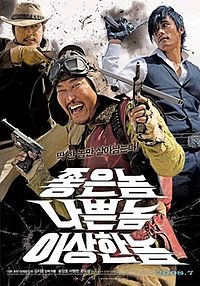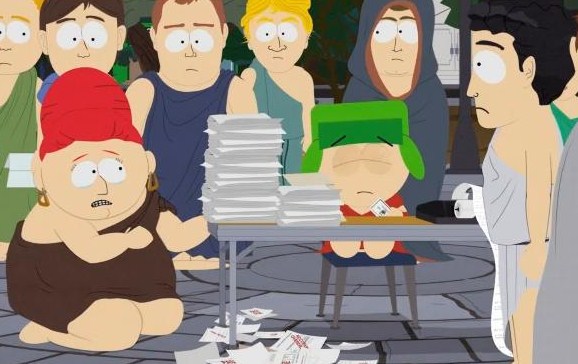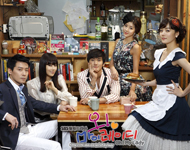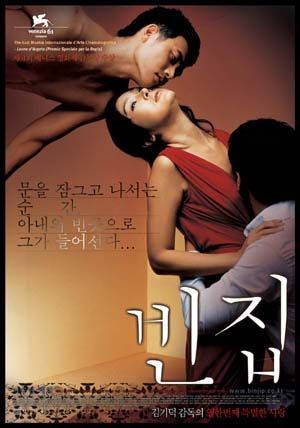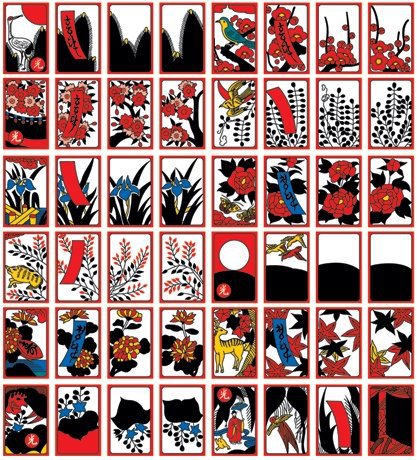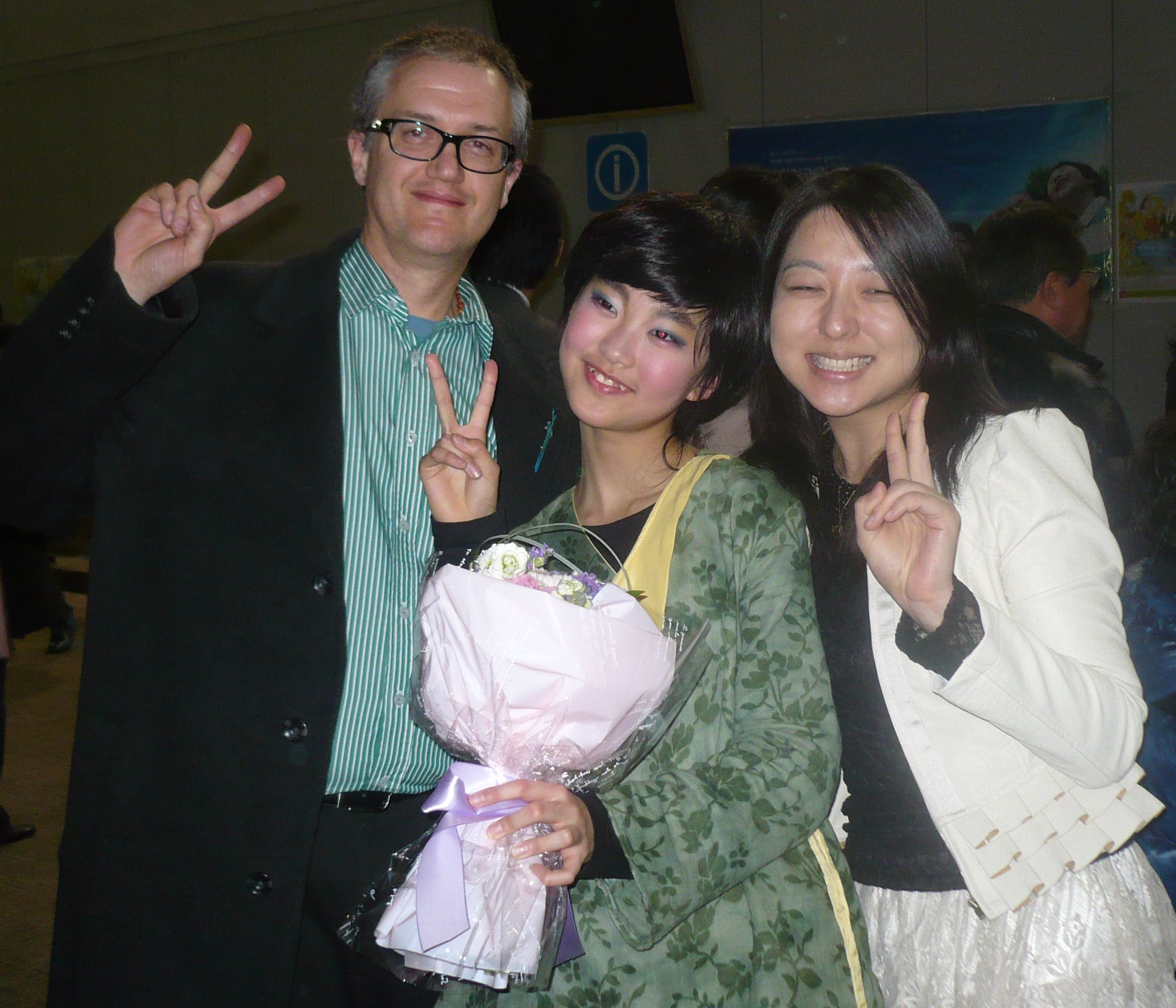I watched a movie I’d read about, finally, yesterday. The name it was released under in English is “The Girl with the Dragon Tattoo,” but the movie is Swedish, and the Swedish title is “Män som hatar kvinnor” which translates as “Men who hate women.” This latter is a much more appropriate title – the fact is, it’s a very dark, brutal film, on themes like rape and misogyny, and therefore I should 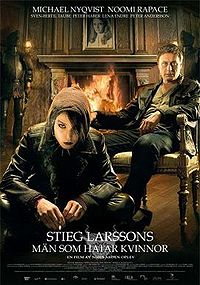 make clear at the outset, I don’t recommend this as a “lite” cinema experience: not a family a film.
make clear at the outset, I don’t recommend this as a “lite” cinema experience: not a family a film.
But the acting and cinematography were pretty good, and the good guys (and girls) win, in the end, so it’s not that depressing.
My main thought as I was watching the movie, though, was actually linguistic. I’ve never studied Swedish. I did, in fact, study Danish for a short period back when I was “surfing languages” at the University of Minnesota in 87~89 (I had a tendency to attend a few weeks or months of various beginning language classes without even actually enrolling – or enrolling and then dropping before the full refund deadline – as a kind of linguistic sampler, and during that two year period I hit perhaps half a dozen languages that way). Swedish and Danish are closely related. And they’re both close relatives of English.
The consequence of this relatedness (combined with the general insights offered by my having studied linguistics, and those weeks of beginning Danish) is that I found myself depressedly realizing I could understand about the same proportion of the Swedish dialogue as I am able to understand of Korean dialogue in a Korean movie – after having been trying to learn Korean for several years! Not all foreign languages are created equal, in terms of foreignness, I suppose. But it was kind of a strange and frustrating realization.

